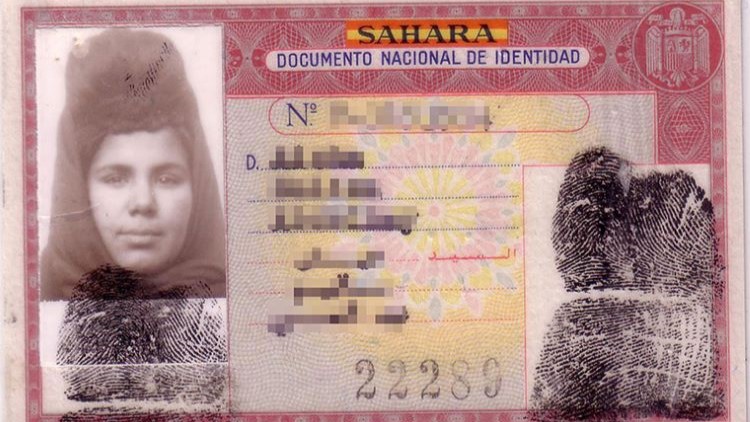Eduardo González
The Government has once again avoided the issue of granting Spanish nationality to the Sahrawis and has referred any decision in this regard to the “negotiating process” led by the UN, “whose centrality must be ensured in any case.”
The Executive thus responded, on March 13, to a written question from the Plurinational Parliamentary Group Sumar regarding whether the Government plans to transfer to the Congress “any initiative to reverse the situation derived from the deprivation of this right to not Spaniards of Sahrawi origin will lose their nationality upon the entry into force of the Spanish Constitution.” Specifically, Sumar (minority partner of the coalition government) refers to section 2 of article 11 of the Constitution, which establishes that “no Spaniard of origin may be deprived of his nationality.”
In its brief response, the Government states that “the proposals to reform the nationality regulations to extend Spanish nationality to the Sahrawis raise technical and legal security issues that must be clarified in accordance with the current legal system, and taking into account the process.” negotiator within the framework of the United Nations, whose centrality must be ensured in any case.”
The province of “Spanish Sahara”
In June 2020, the Supreme Court established that being born in Western Sahara before 1975 does not give the right to obtain Spanish nationality of origin because the former province could not be considered national territory during the Spanish administration and, therefore, “being born in the Sahara” during Spanish rule cannot be equated with “being born in Spain” for the purposes of nationality by origin. From a legal point of view, the Sahrawis are stateless without nationality, although they do have, for humanitarian reasons, the Algerian passport, which acts as a travel document but does not grant them citizenship.
In February 2023, in the middle of the honeymoon between Spain and Morocco after the decision of the President of the Government, Pedro Sánchez, to support the autonomy plan proposed by Rabat for Western Sahara, the PSOE MPs voted in Congress against a bill to grant Spanish nationality by letter of nature to Sahrawis born before the withdrawal of Spain in 1976 and their descendants.
At the end of 2023, Sumar returned to the fray with the same issue and presented a new Bill to grant “Spanish nationality by letter of nature to Sahrawis and Sahrawis born in the territory of Western Sahara under the administration of Spain,” taking into account “the strong connection” of the Sahrawi population with Spain.
In his proposal, Sumar argued that, in 1958, the Franco regime decided to convert its colonies in Africa into overseas provinces of Spain, which allowed the then so-called “Spanish Sahara” (held by Spain since 1885) to become known as province number 53, with the status of metropolitan province. As a result, its inhabitants were represented in the Cortes of the dictatorship, had a Spanish national identity document and were able to study at Spanish Universities, access the Civil Service and even be members of the Army and participate in the referendum. 1966 on the draft Organic State Law.
Twenty years after its conversion into a metropolitan province, Spain definitively ended its presence in the territory on February 26, 1976. A Royal Decree of August 1976 established that those who met certain requirements could opt for Spanish nationality within a period of a year, “but the Spanish administration had already abandoned the territory, therefore making the effective exercise of that option impossible, as the Supreme Court revealed” in 1998 and 1999, recalls Sumar.
Since the departure of Spain, the territory of Western Sahara has been controlled by Morocco, whose sovereignty over the former Spanish province does not have international legal recognition. The United Nations has repeatedly called for the beginning of a decolonization process.







